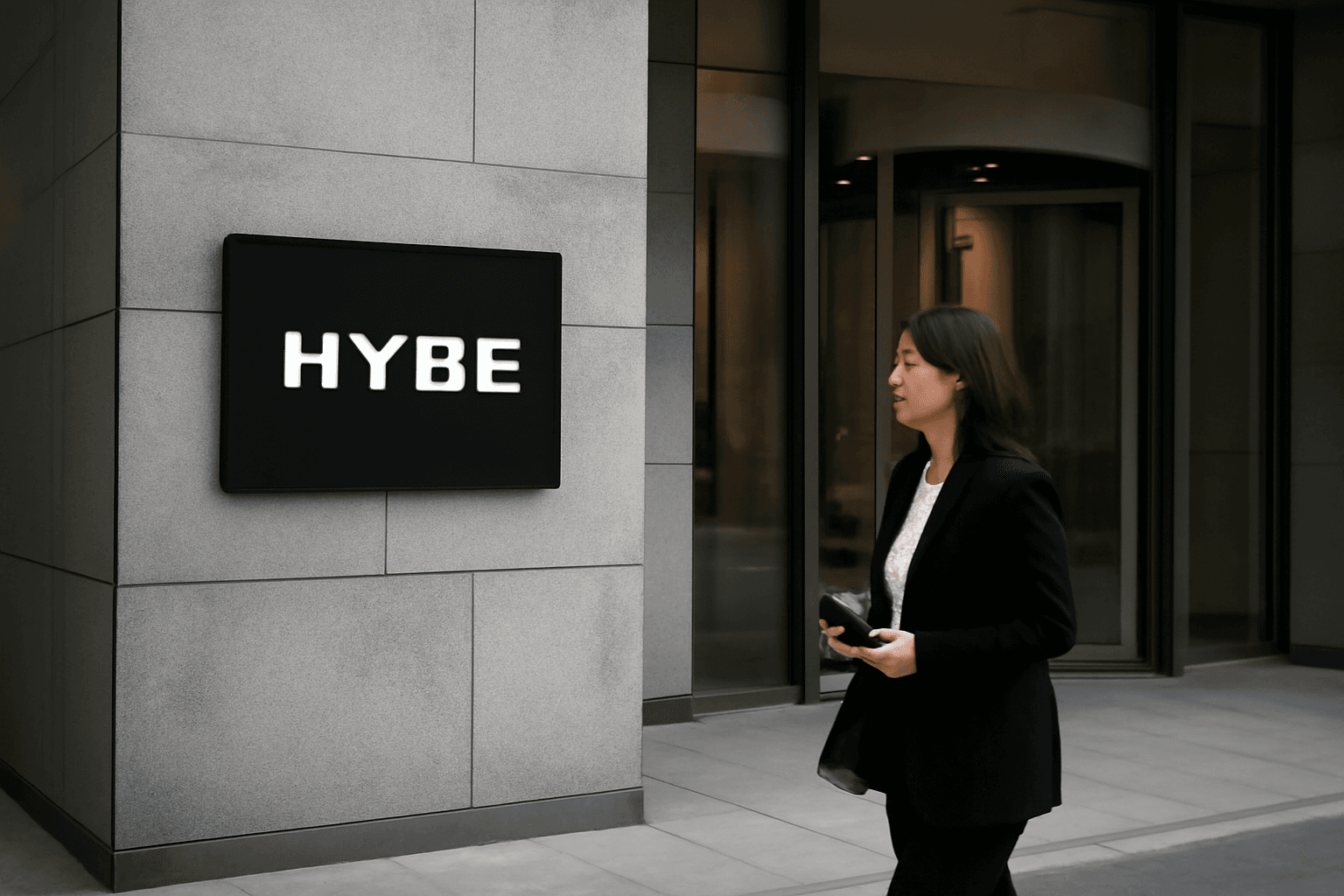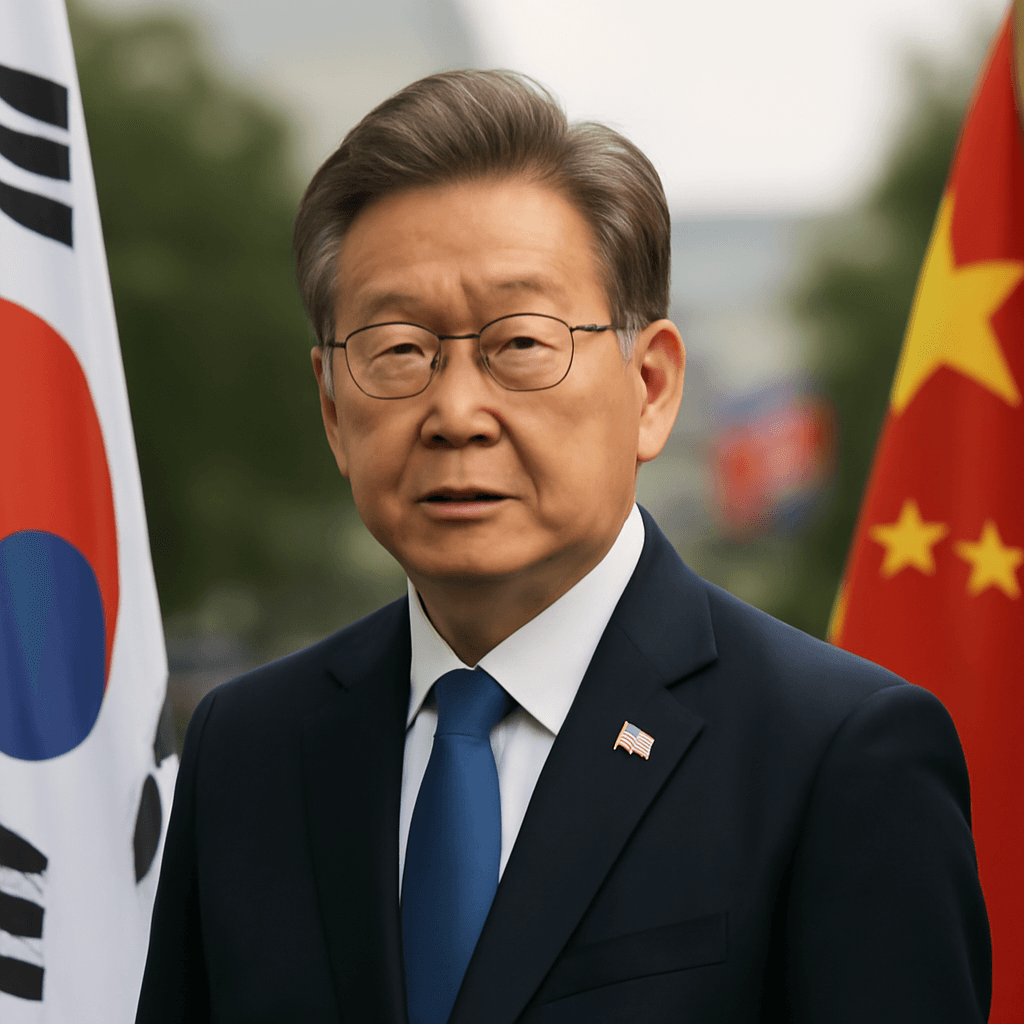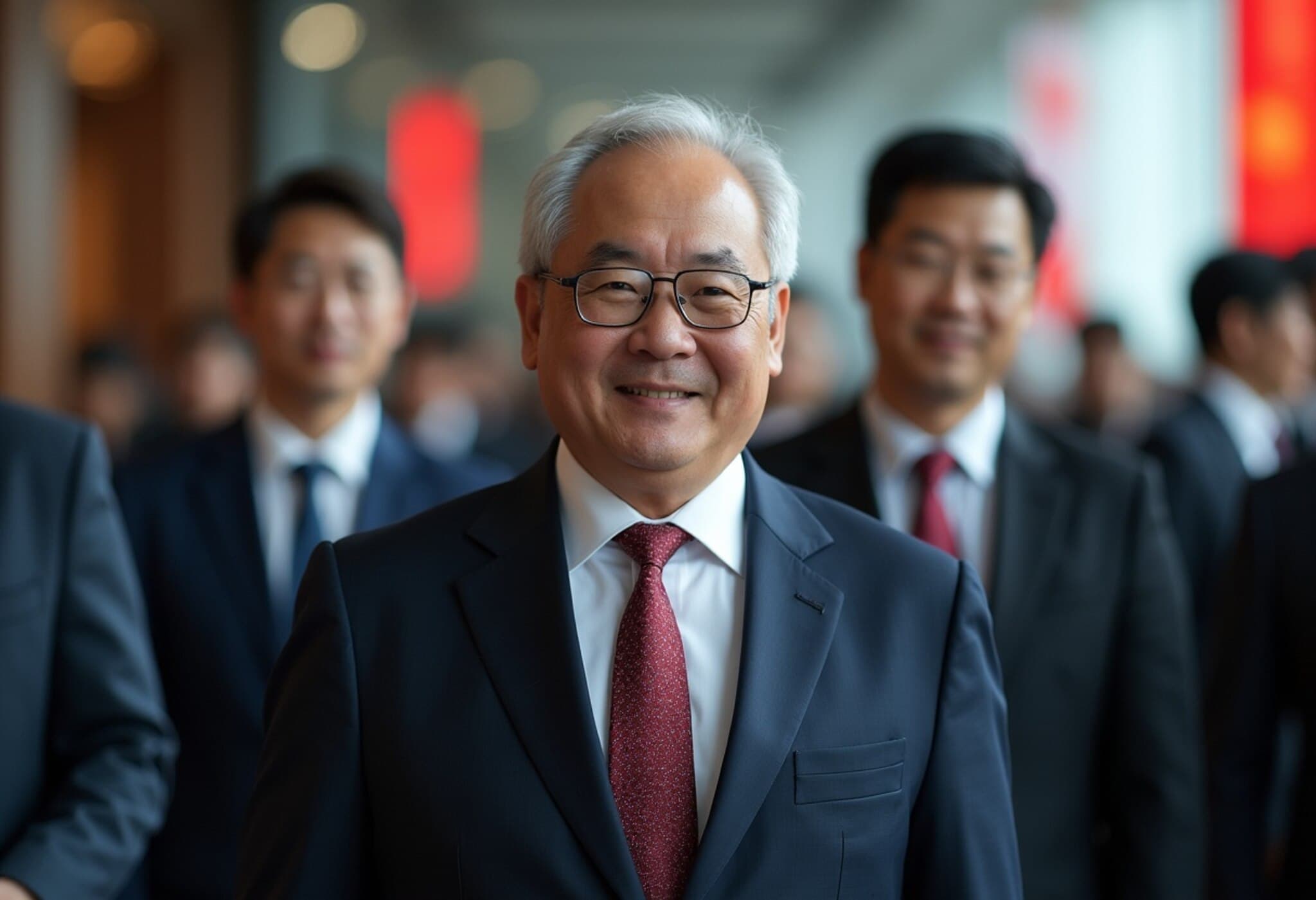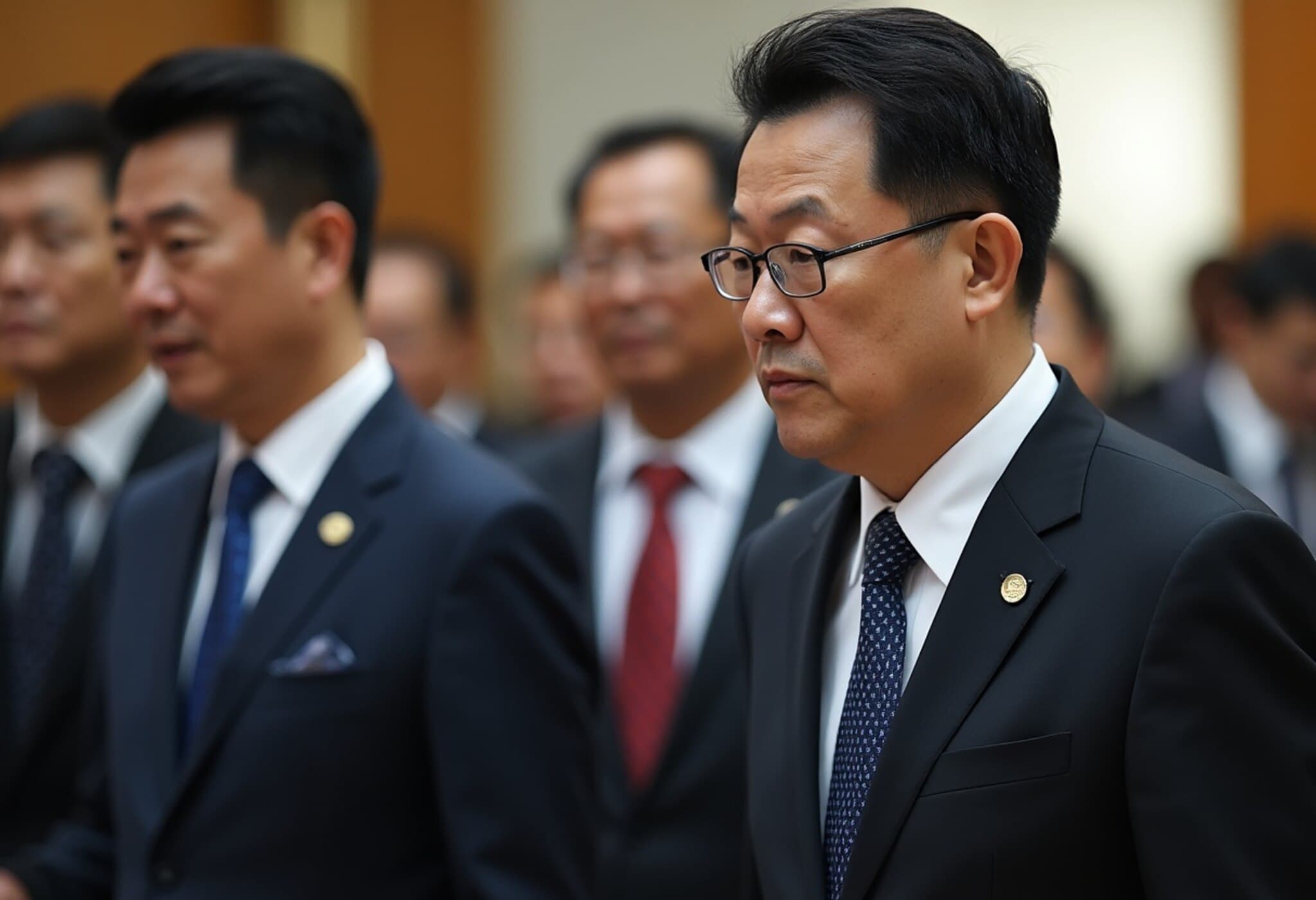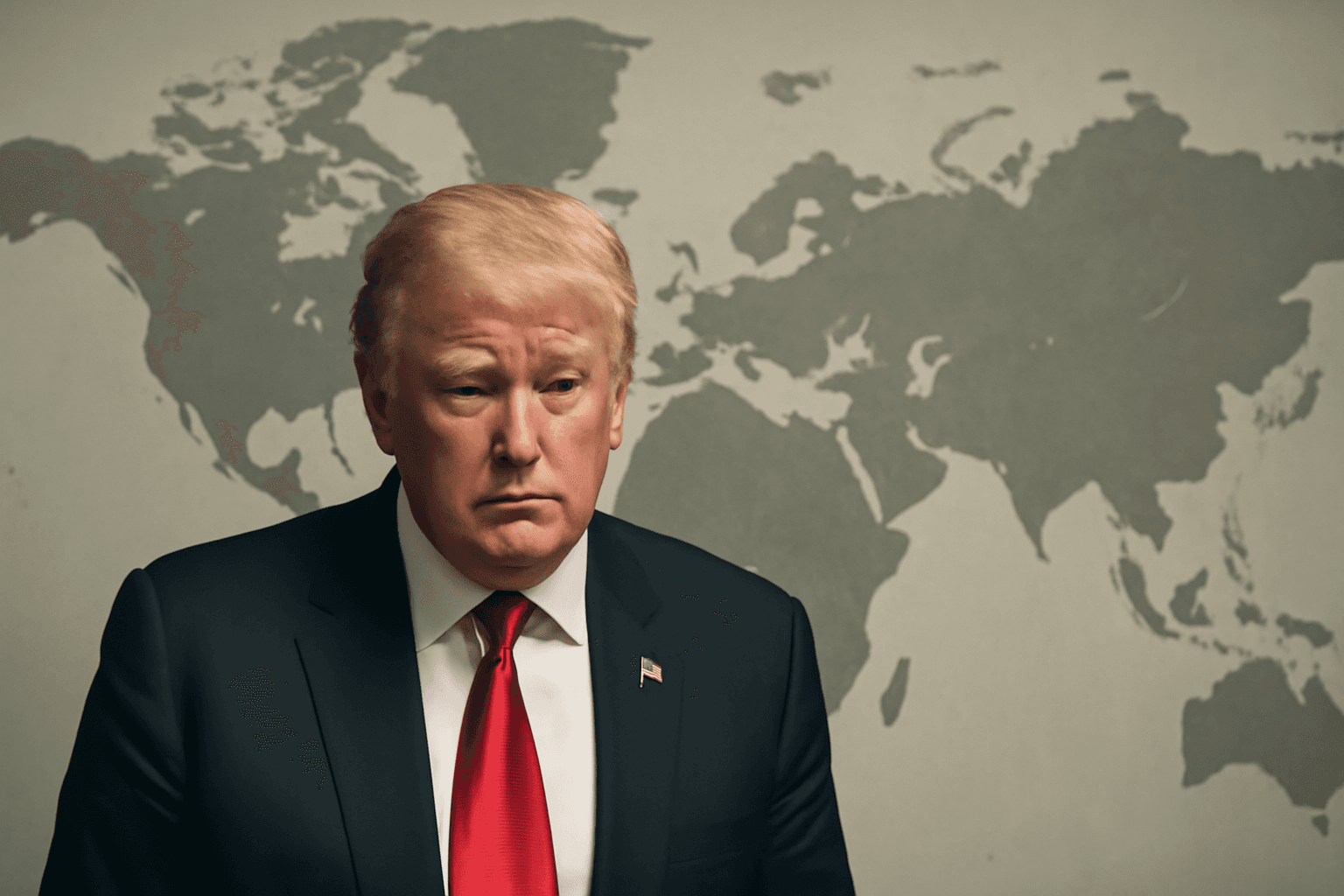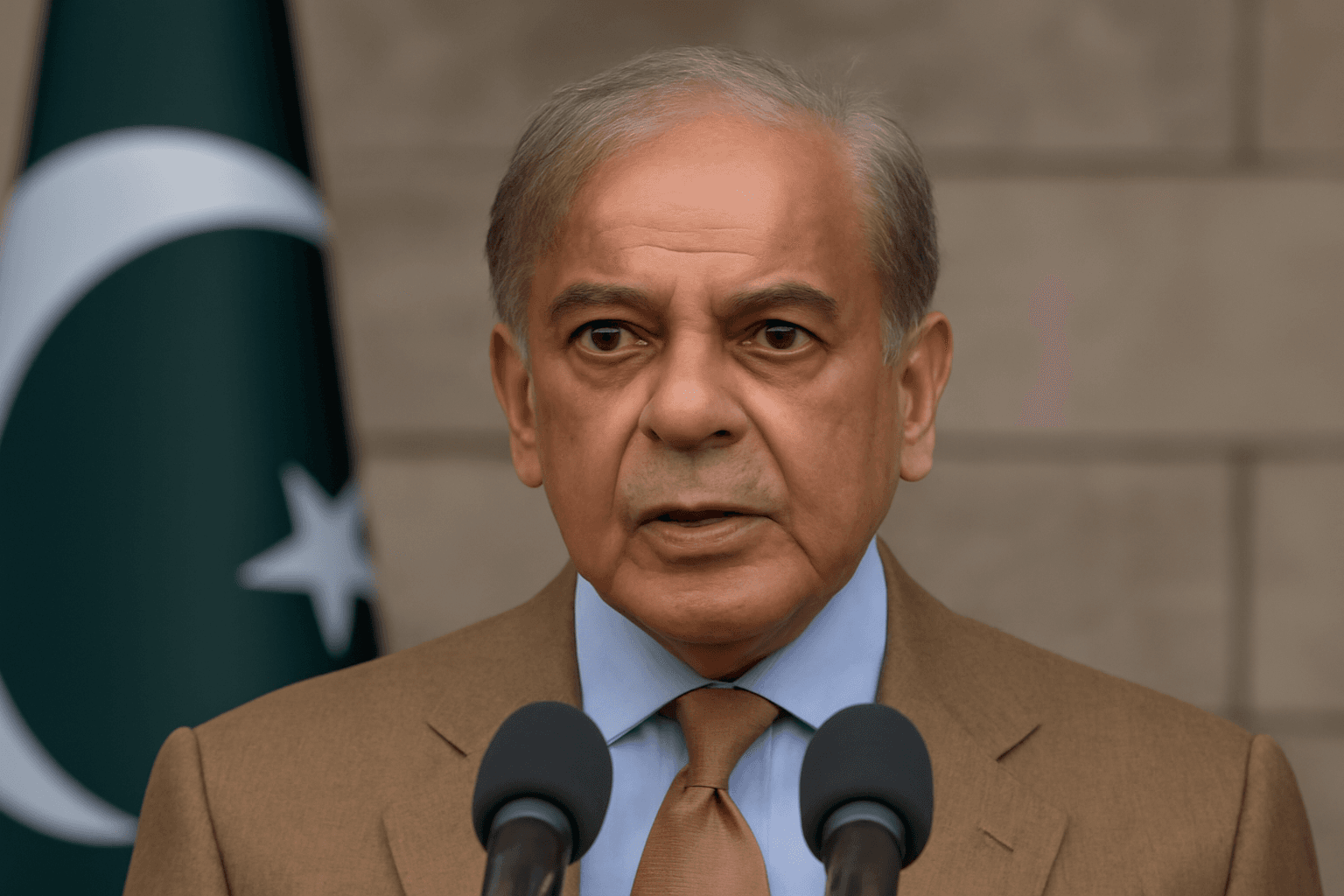South Korean entertainment giant Hybe, the agency behind global K-pop sensation BTS, has inaugurated its first office in China, signaling potential easing of Beijing's long-standing unofficial ban on K-pop performances.
The China branch, launched on April 2 and officially announced on May 29, marks Hybe's fourth overseas office. While Hybe has previously debuted local groups like &Team in Japan and Katseye in the United States, it currently has no plans to introduce rookie teams in the Chinese market.
This strategic move comes as diplomatic relations and cultural exchanges between South Korea and China show signs of improvement. Notably, China implemented a visa exemption for South Korean travelers in November 2024, followed by South Korea's planned visa waiver for Chinese visitors starting in the third quarter of 2025.
On the business front, Hybe recently partnered with China's Tencent Music, reflecting a strengthening collaboration between major K-pop entities and Chinese digital platforms. According to Junhyun Kim, an analyst at HSBC specializing in Korean internet gaming and entertainment, expanded K-pop recognition in China is likely to boost usage of fan engagement platforms like Hybe's Weverse and Dear U Bubble.
However, challenges remain. K-pop group Epex canceled a concert scheduled for May 31 in Fuzhou, citing "unforeseen circumstances," marking a setback since this would have been the first concert by an all-Korean idol group in mainland China since 2016. Market reactions include a 1.47% decline in Hybe's shares following the announcement.
Industry observers highlight that, unlike other sectors affected by trade tensions and tariffs, the entertainment industry—especially K-pop—is less vulnerable due to its digital and intangible revenue streams, such as streaming and fan content. As Shinhan Securities and CGS analysts note, streaming services, concerts, and merchandise sales sustain demand with minimal tariff exposure.
As Beijing signals a potential cultural reopening, Hybe's establishment in China represents both opportunity and cautious optimism for the future of K-pop's presence in the world's largest music market.

